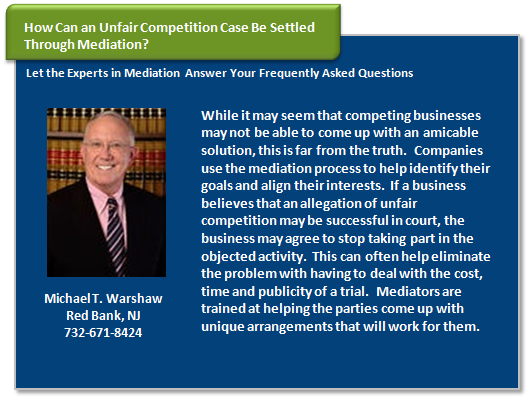
While it may not appear so, paternity can be a complex topic. Generally, the courts will look to certain actions to determine a child’s legal parent, which can make matters complicated.
For example, courts will look to determine if a father has signed the birth certificate or completed an acknowledgment of paternity. However, this can be a complicated process as many states permit a father to contest paternity even after signing a form of this nature. However, the court often requires a specific type of paternity test to be completed before it will disavow someone as the father. This often includes ordering a paternity test in court and having the results clarify the situation.
In some instances, a person who is not the biological father of a child may contest paternity and may still be required to support the child even if it is determined he is not the child’s biological father. This can be due to a married father being presumed to be the father, a father not having enough evidence to refute such a presumption or because of state laws that limit the amount of time a father has to contest paternity.
Rather than dealing with these legal complications, some parties use alternative dispute resolution to verify paternity. ADR often provides a more private experience so that the party’s interactions and grievances do not have to be aired out in court. Additionally, ADR tends to be less contentious and hostile than many family law cases that are contested. By using this process to establish paternity, the groundwork is laid for an amicable process to determine other rights, such as custody or visitation.







